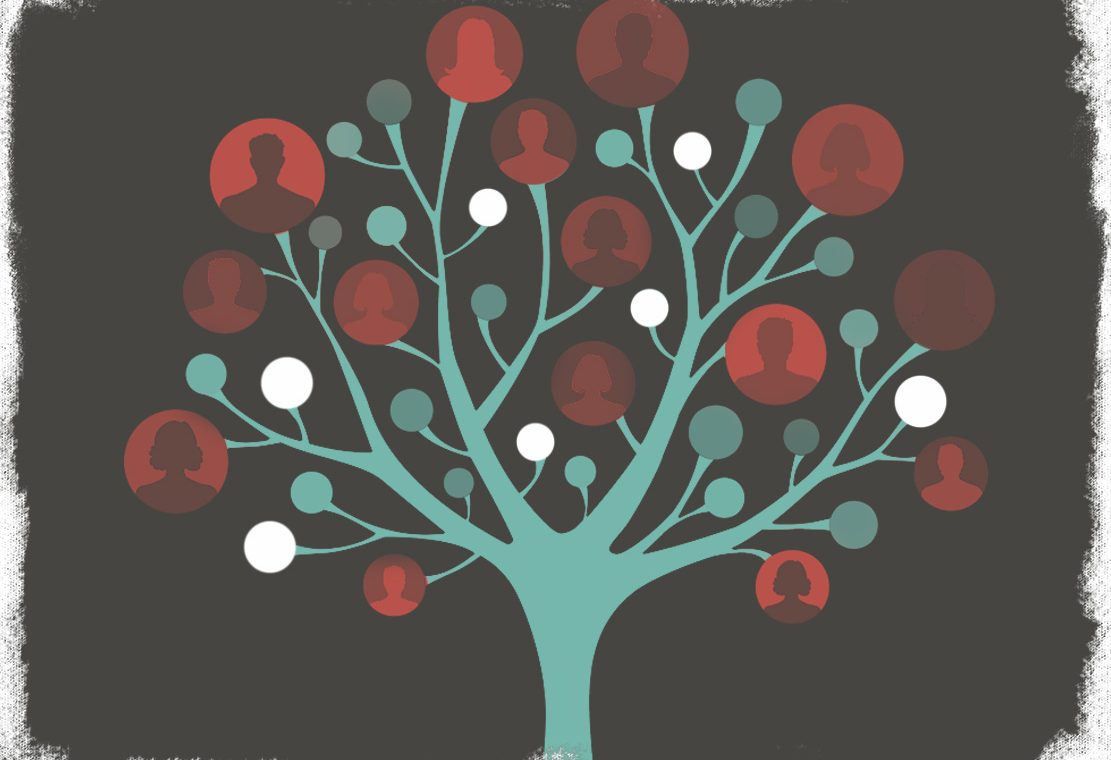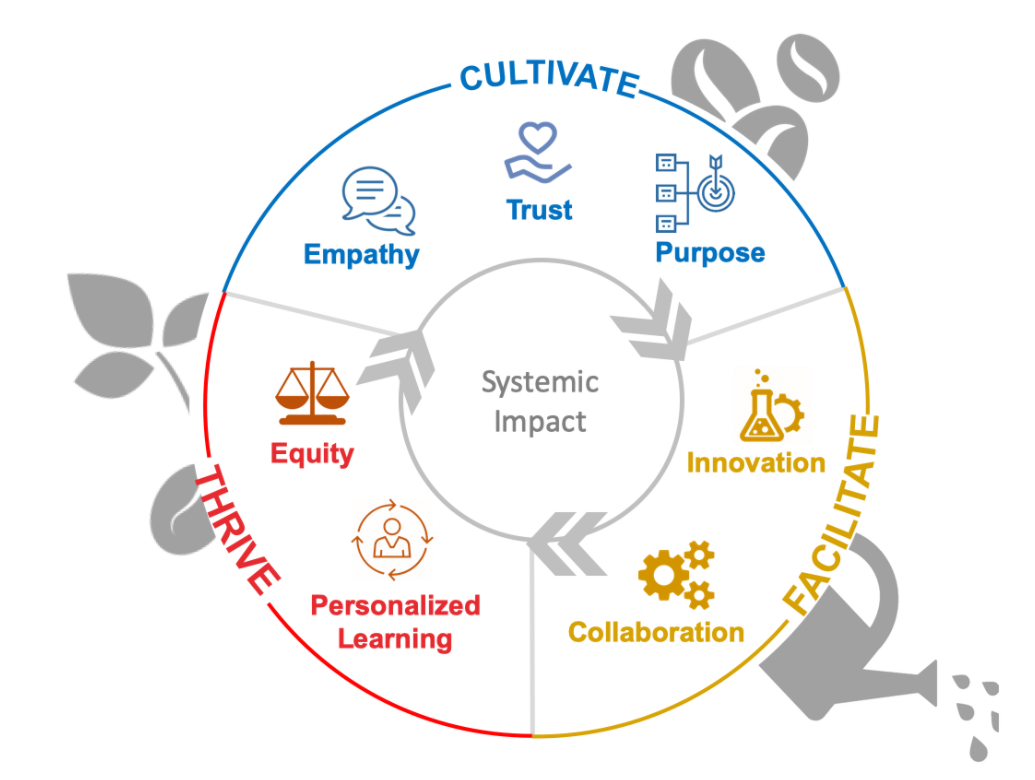
Dear School Leaders,
I hope this letter finds you well in this challenging time we are all living.
First of all, we want to recognize you and the entire school community for the amazing efforts displayed to keep the learning going through this pandemic. The COVID-19 pandemic has turned into a global crisis with holistic effects that have in turn hit our educational systems and have stressed communities, students, families, teachers, staff and other members, and increased learning gaps and social inequalities. We are lucky to have schools worldwide that are doing their best to adapt, reimagine and reinforce learning for all during these months. More than ever school principals and leadership teams from schools in diverse parts of the world are realizing that they are facing similar challenges regarding learning and equity in this challenging time. The reality of this pandemic has reminded us as a species that we are deeply connected to one another.
The truth is that these days and months we are all experiencing the real meaning of school interconnection and human relationships. According to the latest research and thinking in education, UNESCO (2020), OECD (2020) and other experts are indicating that communities that have responded in an innovative, effective and resilient way to the COVID-19 crisis are among those who have shown greater collaboration between teachers, and between school and community actors. These and many other studies suggest that social relationships are a precious capital to be cultivated in our schools and communities, and underscore the need to weave a caring and supportive environment where every young person and adult can thrive. Caring relationships between all members of the educational community including students and families are crucial drivers of educational change and improvement. That improvement and growth is even further deepened when relationships are grounded in empathy and compassion. The well-being of the entire community has always been important and is even more critical these days. All of you know more than anyone else that we are all interconnected in this challenge, and it’s only by strengthening our human relationships and collaboration that we will be able to press on and address the challenges that still lie ahead.
The big lesson for all of us to consider is that the greatest challenges of our times are not just about higher grades on standardized tests, but on our collective capacities to co-create a better future for us all and for the planet we call home. As such, weaving educational ecosystems and social networks in our schools, districts and cities has become one of the greatest worldwide challenges and opportunities for our systems focused on enhancing learning and creating increased access and a deeper focus on equity.

Figure: School Weavers Tool’s model for cultivating and facilitating ecosystems that enhance learning and equity
With this purpose as our north star, we are thrilled to invite you and your whole community to be part of the NetEdu glocal movement, where schools from all parts of the world are sharing and using the free online ‘SchoolWeavers Tool’, that supports school leaders and their communities to grow their ecosystems. The NetEdu is rapidly growing and already includes school leaders, educators, researchers, district leaders, entrepreneurs and policy-makers from the 5 continents. The ecosystems we create hold the promise of enhancing learning and equity and growing collaborative and resilient systems focusing on personalized learning and access for all. We envision ecosystems to be comprised of a variety of elements as shown in the figure as: trust, empathy, collective purpose, collaboration and innovation. What they all share is the common foundation of positive human relations and a steadfast commitment that education is at its root a human endeavor that needs to be done humanely with holistic care.
When COVID-19 enters the history books, we will have had a unique opportunity to rebuild, reimagine, and retool our educational systems and hopefully make significant investments in a global public good. Rather than pull back further into our individualistic shells during this time we have the opportunity to become even more communal and better linked through our ecosystems. The time for continued action is now and your work as educational leaders supporting ecosystems holds important potential and possibility as we move into a brighter future.
Sending you all our very best, we deeply thank you for all you do everyday!


